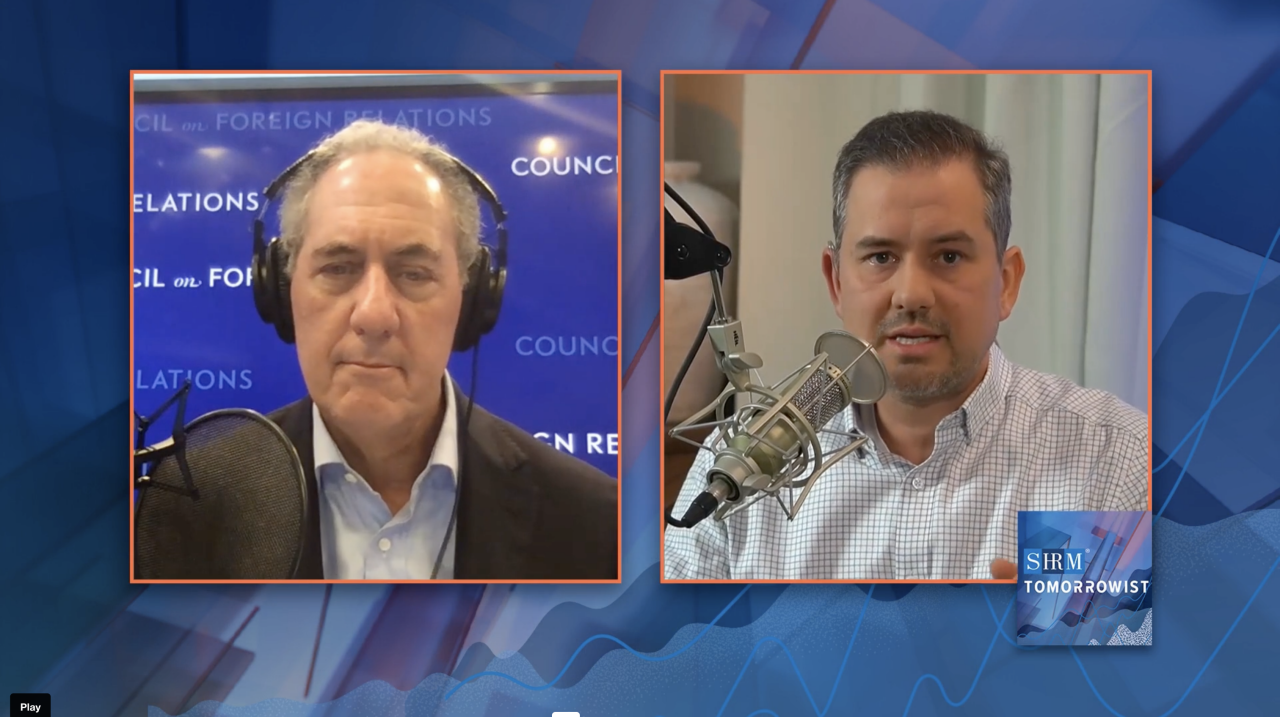Was this resource helpful?
-
HR Solutions
- Leadership Solutions
-
Talent and leadership development solutions that drive measurable business results.
The executive support you need for tackling obstacles that lead to meaningful workplace change.
- Brand Partnerships
-
Explore strategic partnership opportunities with SHRM, designed for impactful collaboration and business growth.
- Leadership Solutions
HR Daily Newsletter
Stay up to date with the latest HR news, trends, and expert advice each business day.
Success title
Success caption




